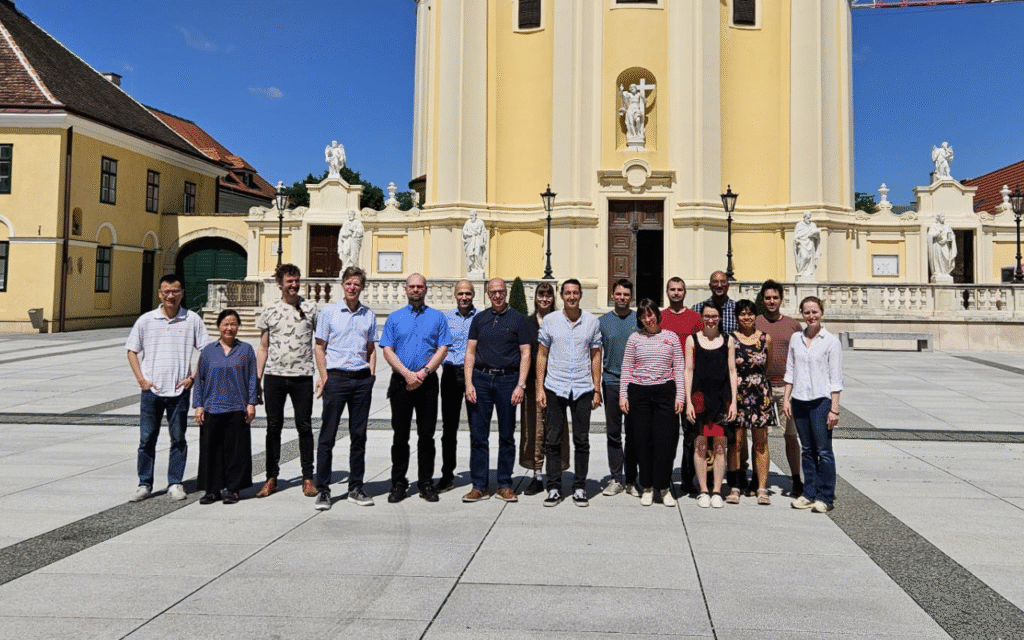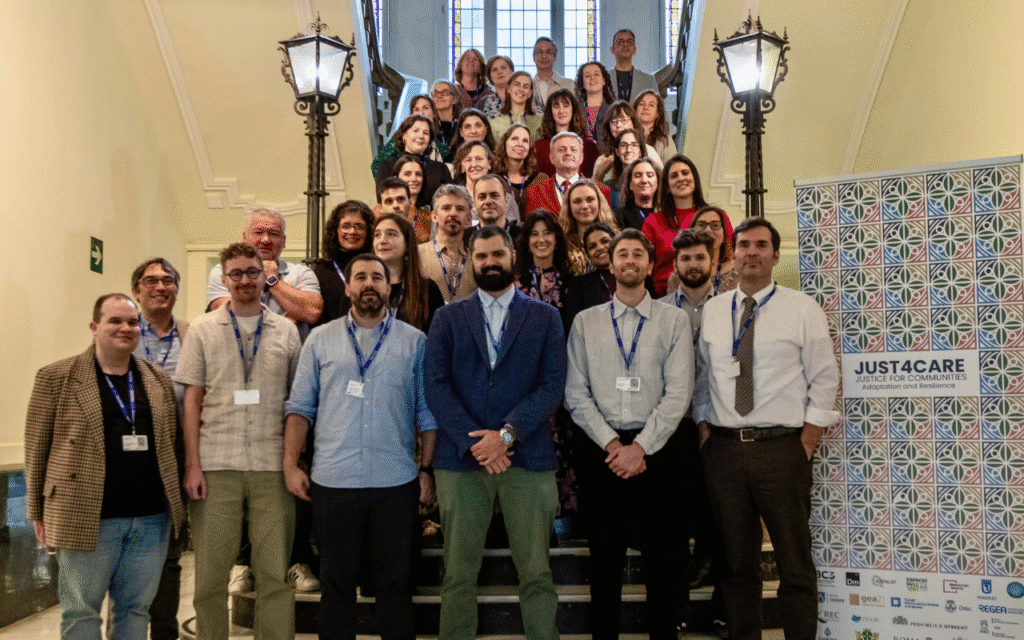How aware is the global community of the benefits of FAIR (Findable, Accessible, Interoperable, Reusable) data and models? And are we willing to change our data and model management habits to achieve them?
These were some of the questions that ARIES team member Ken Bagstad (United States Geological Survey) asked during his online presentation at the 6th United Nations’ International Conference on Big Data for Official Statistics on September 2, 2020.
On the way towards standardized ecosystem services accounts
ARIES is currently developing an easy-to-use application for SEEA-EEA – the accepted international standard for environmental-economic accounting – enabling ecosystem account production anywhere on Earth. “Our goal is to produce rapid and standardized ecosystem accounting tool. We want to support efforts to adopt the SEEA-EEA as a statistical standard by providing a consistent tool that enables better natural capital accounting (NCA) even in countries with limited technical expertise,” explained Dr. Bagstad.
Despite the fact that SEEA is a UN-developed system that aims at giving a comprehensive view of the extent, condition, and services provided by ecosystems, one of its key limitations is its emphasis on spatial modelling, which can take substantial time and expertise.
Thanks to the use of artificial intelligence (AI) – specifically semantics and machine reasoning – the ARIES team has managed to automate data and model integration to provide their transparent assembly and reporting in a faster, cheaper way. “With the ARIES technology, we can have experts contributing their knowledge, data and models more successfully and on a larger scale”, he stressed.
According to Bagstad, the ARIES for SEEA-EEA application already includes features of interest to the environmental modelling community, such as the integration of remote sensing data and access for data and models both for experts and nontechnical users. The ARIES team continues to develop a set of models that run on global data, but that can be easily customized with local data in a way that will automate the reuse of local data where appropriate.
“ARIES for SEEA-EEA has a custom web interface so that, when running the application, users will be able to select which natural capital accounts and indicators they want to compile, and how they want to aggregate those,” he highlighted. The ARIES application will go to the web, search for the needed data and models, run the needed computations, and return the results to users in an automated fashion.
The ARIES approach: Automated interoperability and reusability through semantics
During his talk, Dr. Bagstad gave a brief introduction to the ARIES platform, highlighting its general scope of supporting the achievement of the Sustainable Development Goals (SDGs) through the use of innovative technology. He underlined the innovative perspective that ARIES brings to the modern data science conversation, by talking about semantics and machine reasoning, promising AI research fields which remain lower profile than well-known machine learning approaches.
According to Dr. Bagstad, semantics could be a critical tool because it provides a consistent language for computers to understand and recognize data and model elements. In fact, without semantics it would not be possible to have computers automatically assemble and reuse data and models on their own.
“What ARIES does is taking reasoning algorithms and decision rules, which are designed to teach computers how to make choices about how to assemble data and models. We combine open data and models which have semantics that work in a multidisciplinary manner, and all that allows fast and FAIR multidisciplinary modelling,” he concluded.








